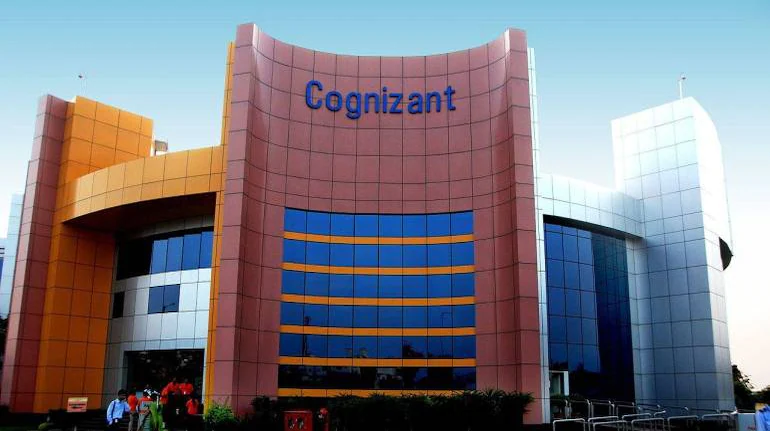While the company has planned targeted compensation revisions, job promotions and job rotations to retain talent, it expects elevated attrition to continue.
A strong hiring number is one of the best indicators of robust demand for software services companies. In Cognizant’s case, it’s an indicator of the astronomical rate at which it is bleeding talent, across levels.
So much that the company plans to make 100,000 lateral hires this year alone to backfill attrition.
“We now expect to hire approximately 100,000 laterals in 2021 and to train close to 100,000 associates. In addition, we expect to onboard approximately 30,000 new graduates in 2021 and make 45,000 offers to new graduates in India for 2022 onboarding,” Cognizant CEO Brian Humphries told analysts after the company posted strong earnings for the second quarter ended June.
While Cognizant’s revenues for the June 2021 quarter came in at the top of its guidance and it also raised its revenue guidance for 2021 to 9-10%, attrition stood out as a key concern, reflecting its weak footing amidst the war for talent.
Its attrition during the same period zoomed to a historic high of 31%, of which 29% was voluntary attrition. Cognizant has an overall headcount of 301,200. A back of the envelope calculation shows that over 23,300 employees left the company during the quarter, which means an average of 350-380 employees resigned every working day between April-June 2021. A majority of Cognizant’s employees are based in India and Humphries said the attrition was primarily in the more junior levels of the organisation or mid-levels in India.
‘The company has little choice but to go full throttle on laterals to fulfil buoyant demand. High attrition backfill using laterals entails risks to margins (higher cost of laterals, lower utilization) and execution (frequent change in project teams constrains effective project management, the possibility of compromise in quantity over quality of hires)’ Kawaljeet Saluja and Sathishkumar S wrote in a report published on July 29, 2021.
Cognizant CFO Jan Siegmund said these costs will weigh on its results for the next several quarters as the management remains focussed on addressing its higher attrition levels through a comprehensive set of initiatives.
Humphries said attrition was higher because it uses a different method to report it. “As you can imagine, voluntary attrition in the quarter was 29%. But on a trailing 12-month basis, which is more how the industry tends to look at it, it was 18%. It’s really one of the hottest markets we’ve seen or our team has seen over the last 10-plus years. So we’re all dealing with it,” he said.
Even though Cognizant is Nasdaq-listed and headquartered in the US, it has always been benchmarked with its Indian peers as it has a similar industry and client profile, with a majority of its nearly 3 lakh employees based here. For the quarter ended June, TCS, Infosys, Wipro, and HCL Tech’s attrition stood at 8.6%, 13.9%, 15.5%, and 11.8%, respectively. Even if one were to go by the trailing 12-month method, 18% is significantly higher than its peers. In fact, for the same quarter last year, Cognizant had voluntary attrition of 11%.
While the high attrition in hot skills is an industry-wide phenomenon, Cognizant’s issues extend beyond the buoyant job market.
It continues to lose leaders who have been at the company for decades. Former Cognizant leaders who played key roles in building the company have now become the preferred choice of private equity firms and global IT/BPM services companies.
In the past two years alone, eight companies – Mindtree, Firstsource, Bristlecone (part of Mahindra & Mahindra), Collabera, Hitachi Vantara, Zensar, Qualitest and Virtusa – have handpicked ex-Cognizant leaders as their CEOs. Others have joined as managing directors or CEOs of large private equity firms and startups.
Many leaders who quit to take up bigger roles in other organizations end up picking a lot of their hires from Cognizant. One senior executive will hire a few program managers/team leads, the team leads, in turn, hire engineers from their team, and so on. According to a report by Kotak Institutional Equities published a couple of months ago, Cognizant has also lost market share to peers due to insourcing, with a ransomware attack also impacting service delivery. So it may not benefit from vendor consolidation in financial services, which is its biggest industry segment in terms of revenues. It has also not announced large deals such as TCS, Infosys, or Wipro, even as it made a string of acquisitions.
(Source: www.moneycontrol.com)
